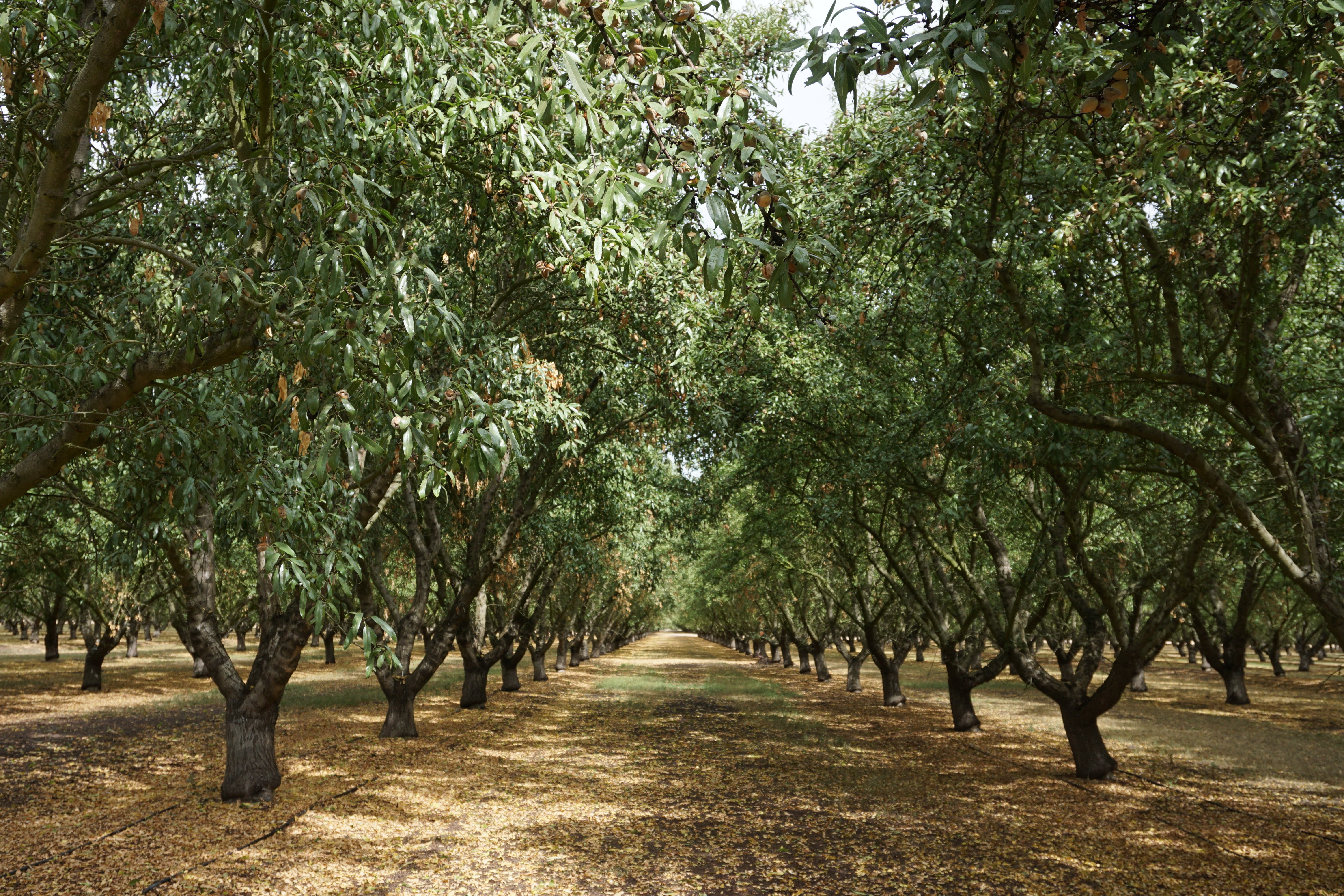The problem
The team at Vann Brothers had already been working with Ceres Imaging for one season, using primarily water stress and NDVI imagery to inform management decisions. But Director of Farming Ricardo Neto suspected they were underutilizing Ceres Imaging’s tools: he wondered if the team could use imagery and analytics not only to spot immediate problems, but also to identify opportunities to increase ROI.
The solution
Ricardo added chlorophyll imagery to his Ceres Imaging product package and changed the timing of his flights to match peak times for fertilizer consumption. He found that imagery complemented other precision technology, including soil probes and leaf sampling. "The results when we use NDVI, water stress imagery, chlorophyll imagery and soil probes combined are evident," Ricardo says. "The improvement made in our farms is visible and can be quantified."
Previously, it had been easy to make mistakes allocating water and nutritional resources in a field with different soil types. "Using NDVI and chlorophyll imagery in combination with leaf samples for nutritional needs allows us to eliminate ‘fertilizer deficiencies’ in locations that otherwise can be overlooked," Ricardo says. "Matching water stress imagery with the water use in our probes and how they correlate with different soil types allows us to reduce the stress to the crop during heat waves and days of high water demand."
The outcome
Improved uniformity, valued at approximately $750 per acre.
Vann Family Orchards Director of Farming Ricardo Neto added chlorophyll imagery, shown here, to target nutrient applications and improve uniformity. In the lower portion of this field, an area covered by silt deposits from winter storms shows improvement over the course of the season.


.jpg)